
Vietnamnet
2144 newsArticles by author
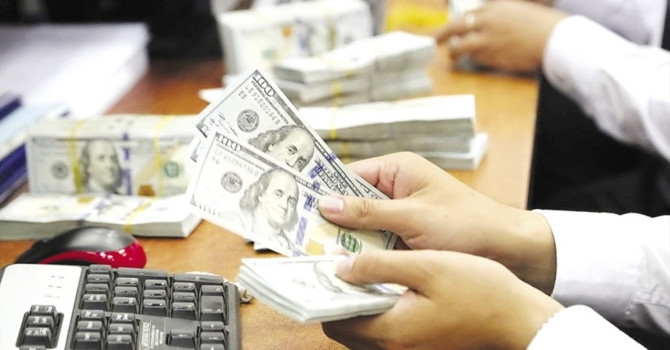
Banks seek foreign partners, consider lifting foreign-ownership cap
Vietnamese commercial banks are planning to sell a stake in their company to foreign investors to attract capital and hasten their restructuring before listing shares on the bourse.
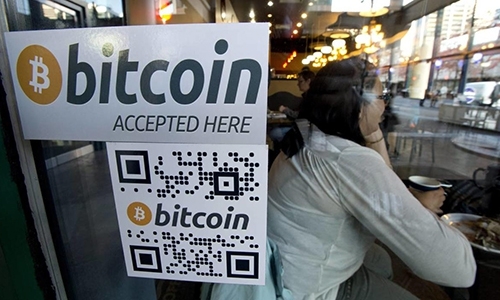
Is bitcoin trading prohibited in Vietnam?
State management agencies still have not agreed on a way to manage bitcoin and other kinds of digital currencies.
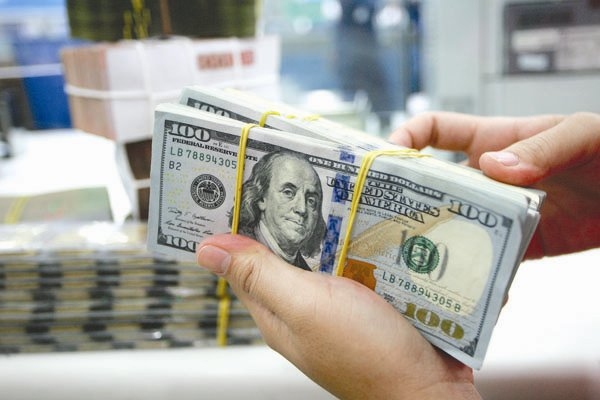
Wealthy Asian investors hunt for Vietnamese stocks
Wealthy Asian investors have been bringing billions of dollars to Vietnam and hunting for big investment opportunities.

Vietnam's GDP growth cannot keep pace with increasing public debt
Vietnam is still under big pressure to call for capital for domestic debt swap, with 50% of domestic debts expected to reach maturity in the next three years, according to the World Bank.
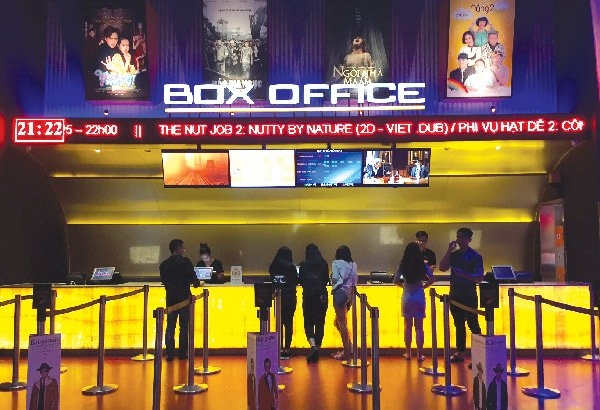
Cinema complexes expand, market still large enough for newcomers
The cinema market was estimated to have modest value of US$6 million in 2008, but the figure soared by 10 times in 2013 and exceeded the US$100 million threshold in 2015, according to CGV.

More Vietnamese investors are buyers in real estate M&As
Foreign investors were once the buyers in M&A deals five years ago, but in many deals made recently, the buyers have been Vietnamese.
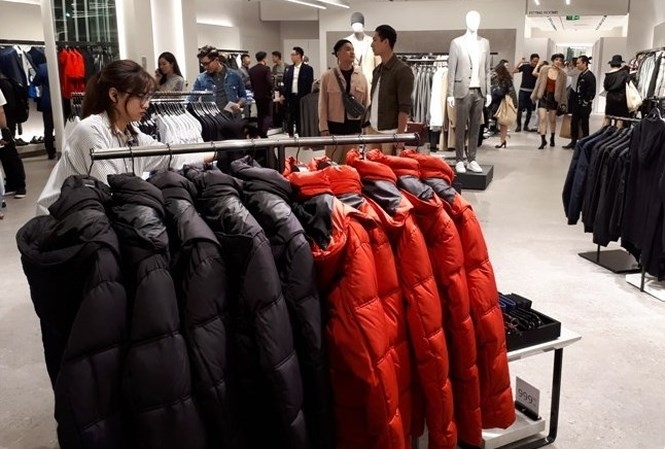
Vietnamese fashion brands warn they may lose home market
Vietnamese fashion and garment companies have usually focused on outsourcing and have ignored branding. But the business strategy will no longer fit the new circumstances as more and more foreign brands have landed in Vietnam.
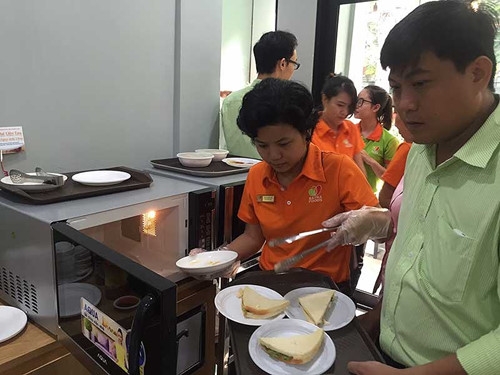
Retailers see great opportunities with street food sales
The Vietnamese street food market, with estimated value of VND47 trillion, is now attracting big food supply chains and retailers.
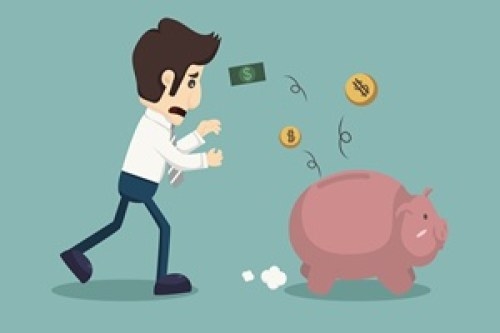
Startups still looking for capital from venture funds
Few venture funds have been set up in Vietnam, and few startups have successfully called for capital from the funds.

Hanoi concert with Japanese cellist Tsutsumi Tsuyoshi
Concert Vol. 105 with the performance of conductor Honna Tetsuji, cello soloist Tsutsumi Tsuyoshi and the Vietnam National Symphony Orchestra will take place at the Hanoi Opera House, 1 Trang Tien, Hanoi on November 29.
